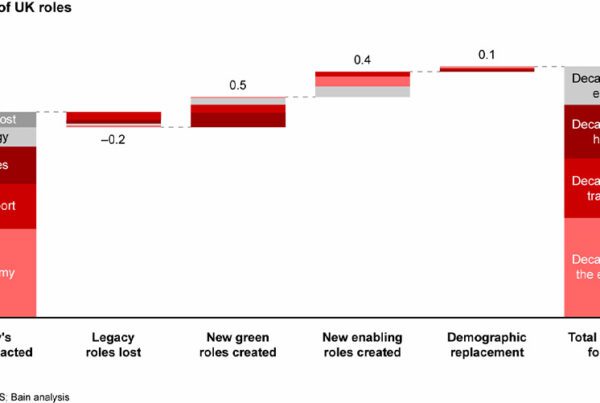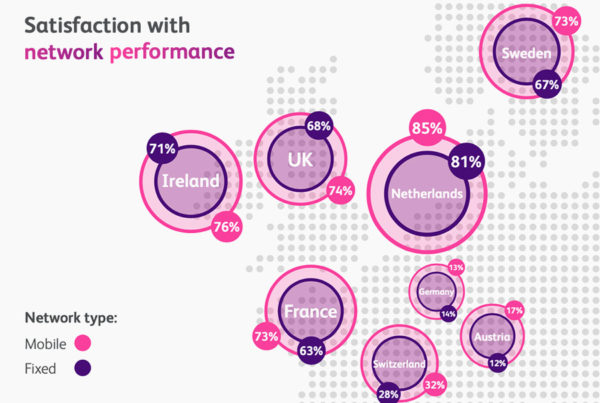Big Four firm Deloitte has started 2023 with the announcement that working sustainably will soon be the default way of doing business at the company. A new ‘Clause Zero’ to be added to the firm’s contracts and engagement letters later in the year.
Alongside KPMG, PwC and EY, Deloitte is one of the four largest professional services firms in the world. As its clients in every market come under pressure to lower their emissions, the Big Four has itself increasingly been expected to play a leading role in the drive to net zero.
Deloitte previously committed to goals that would see its operations become net zero by 2030 – but the start of 2023 has seen it go a step further. According to its UK CEO Richard Houston, the firm will add a special clause into its agreements with clients for later in the year.

Houston explained, “As more organisations adopt net zero targets we’re seeing increasing demand from our clients and our people for us to work more sustainably. Clause Zero will help us to open a dialogue with our clients on the path to net zero and to challenge old ways of working so that – together – we can put sustainable delivery at the heart of all commercial activity.”
Embedding Clause Zero into client pitches, contracts and throughout the engagement lifecycle, the clause is part of a range of measures – from introducing climate learning across the global network to reducing energy consumption across UK offices – to support sustainable client delivery. Clause Zero ultimately aims to place sustainability at the forefront of every project, encouraging a range of considerations upfront; for example, opting for digital options such as virtual meetings and using online tools to help make low carbon choices when travel is required.
In recent months, teams across all of Deloitte’s business lines have been given access to tools such as a web-based travel emissions calculator, as well as checklists designed to support sustainable decision-making on the delivery of projects. Deloitte has also vowed to source 100% renewable electricity for office buildings, convert its car fleet to plug-in hybrid and electric vehicles, and ensure that more than two-thirds of suppliers have set their own science-based carbon reduction targets.




